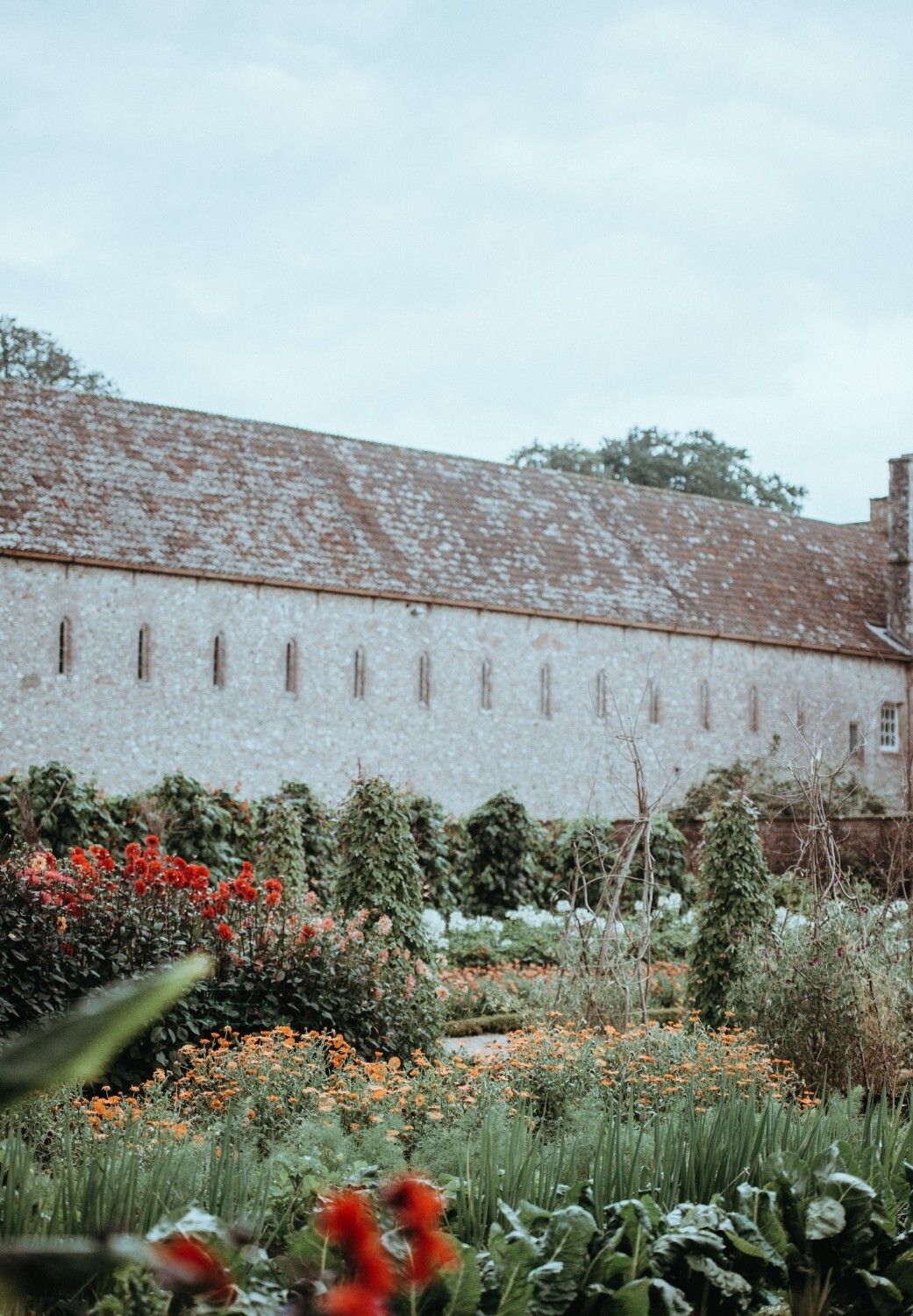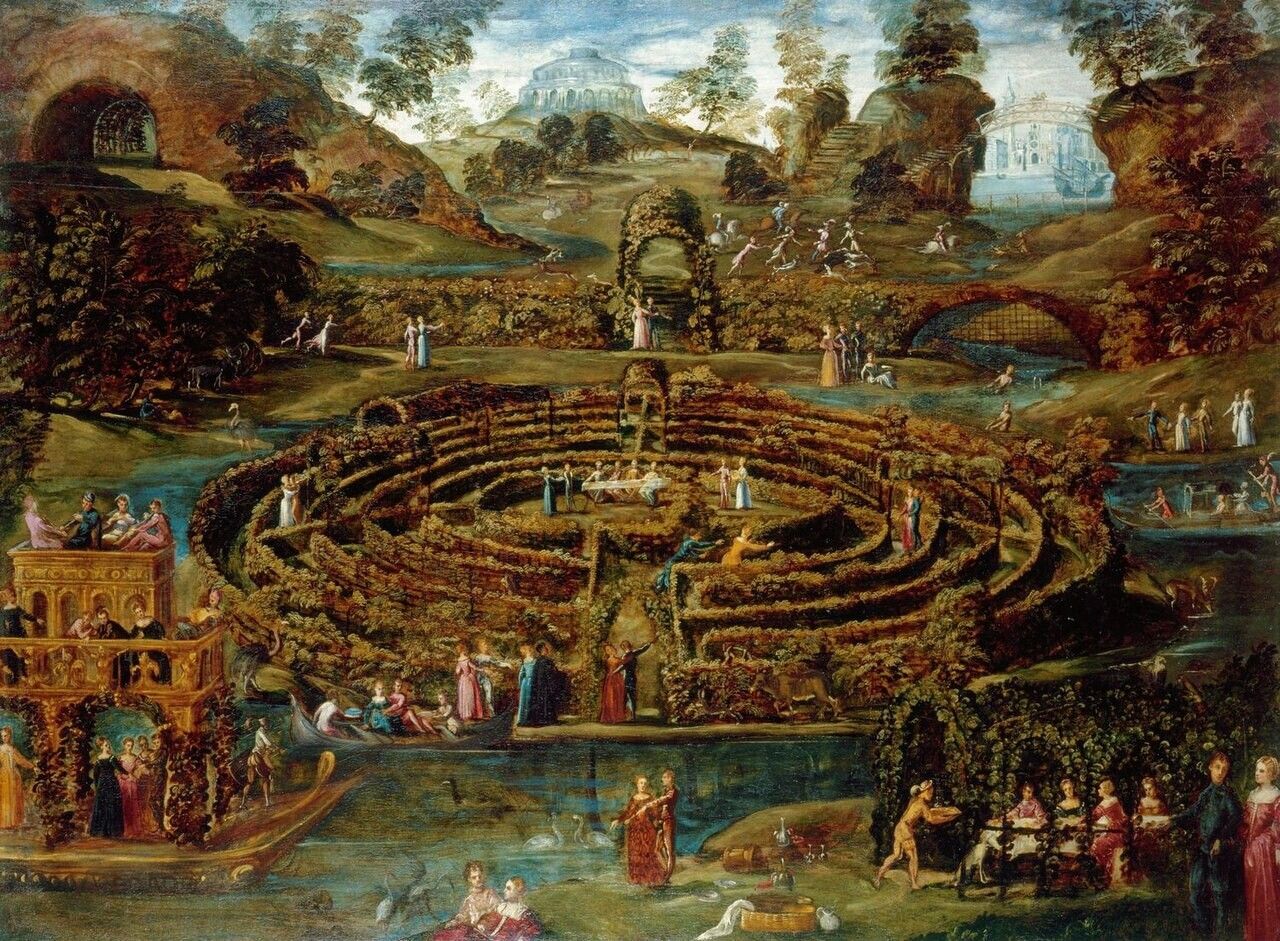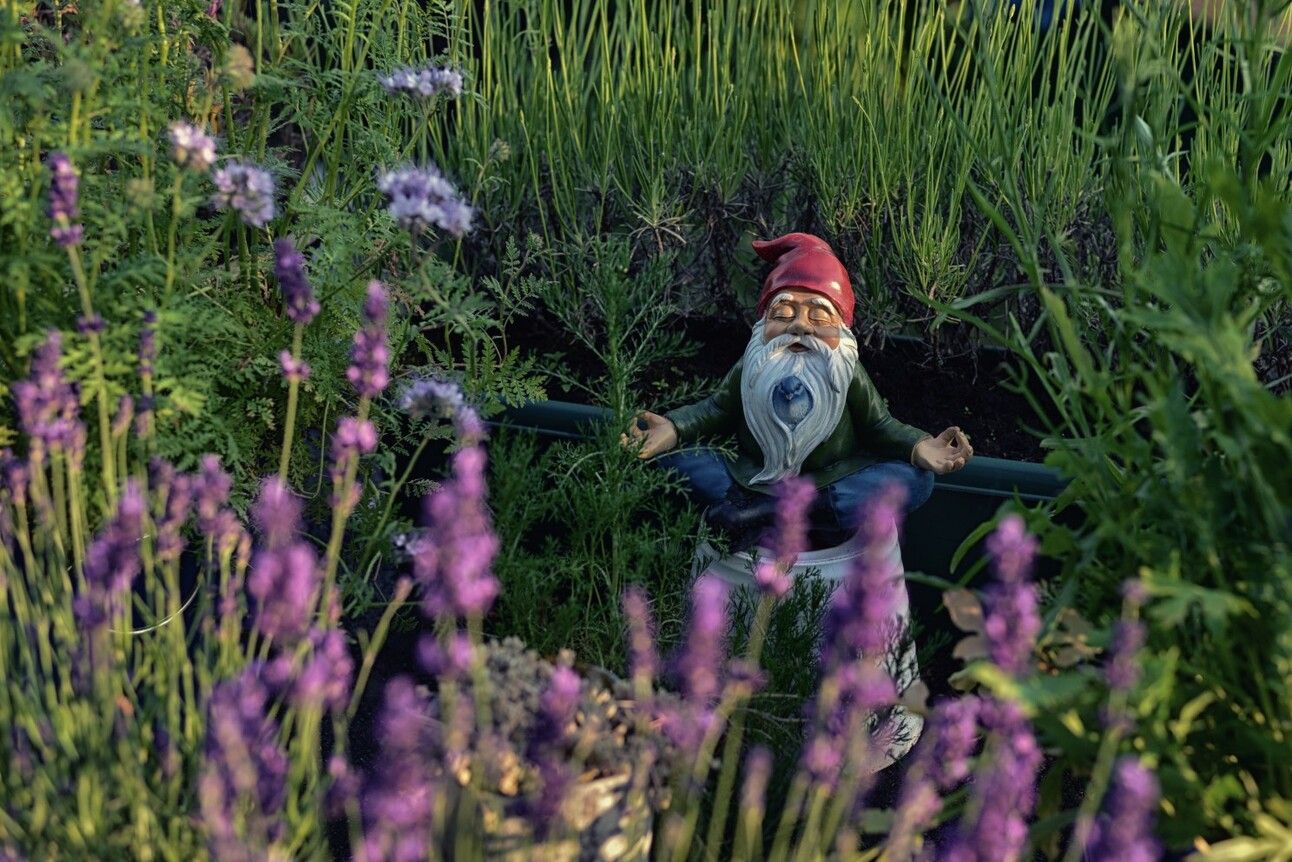The question I'm starting with is this:
How can gardens help us to reimagine our work in the world, and to cultivate more grounded, contemplative lives?
I'll be experimenting with different ways of addressing this question — including essays, interviews, and book reviews, as well as through collating and sharing resources, practices, and reading recommendations.
Why gardens?

My underlying 'hypothesis' is this: that gardens and gardening might represent one of the best available answers to many of the more obviously urgent questions of our time — namely, of how we are to live with the ecological and climate crises which we have precipitated; of how we are to mitigate the worst of their effects, while maintaining and restoring as much health, social cohesion, abundance, and beauty in the world as is possible.
The farmer, poet, and essayist Wendell Berry puts it very well:
Odd as I am sure it will appear to some, I can think of no better form of personal involvement in the cure of the environment than that of gardening. […]
A person who undertakes to grow a garden at home, by practices that will preserve rather than exploit the economy of the soil, has set his mind decisively against what is wrong with us. He is helping himself in a way that dignifies him and that is rich in meaning and pleasure. But he is doing something else that is more important: he is making vital contact with the soil and the weather on which his life depends. He will no longer look upon rain as a traffic impediment, or upon the sun as a holiday decoration. And his sense of humanity’s dependence on the world will have grown precise enough, one would hope, to be politically clarifying and useful.
What I am saying is that if we apply our minds directly and competently to the needs of the earth, then we will have begun to make fundamental and necessary changes in our minds. […] But the change of mind I am talking about involves not just a change of knowledge, but also a change of attitude toward our essential ignorance, a change in our bearing in the face of mystery.
After a number of years of uncertainty about the focus and direction of my own work, I've come to see the sense of what Berry suggests here, and have chosen to take gardens and gardening as a kind of 'frame' for a number of different strands of reflection, research, and work, going forwards. 'Garden Thinking' is the (emerging) result.
The aims of Garden Thinking
As I say, I'm conceiving of 'Garden Thinking' from a number of different perspectives.

At the most basic level, I'm concerned with gardens as actual, physical environments — in the practical activity of visiting, restoring, designing, creating, and maintaining gardens — not least since this is currently how I'm making a living. (There's me, wielding a pair of secateurs.)
Having studied and subsequently taught permaculture in Spain and Portugal in 2019 and 2020, I went on to study a Masters in 'Ecological Design Thinking' at Schumacher College, graduating in 2021. Now, I'm trying to use what I've learned to help create more sustainable and biodiverse gardens for individuals, organisations, and communities in my local area, in Surrey.
However, I still very much consider myself a novice with a LOT to learn. So, why not share my learning journey as I go! Hopefully it might prove helpful for anyone else considering a career move into horticulture and garden design.
Broader gardening initiatives
More widely, at bio-regional scales, I'm interested in the role that community or organisational garden initiatives might play in addressing the emerging 'poly-crisis', encompassing:
Mental & physical health, and loneliness
Food sovereignty, security & nutrition
The resilience and self-determination of local communities
Access to & diversified use of land
Ecosystems and biodiversity
How might garden initiatives — driven, for instance, by social-entrepreneurial partnerships of farmers & growers, businesses, charities, educational instutions, and local government — help facilitate a regenerative transition towards more localised, circular economies?
I'm hoping to undertake action-based research (potentially a PhD) around this question in the future, in collaboration with organisational research partners. In the meantime, I'll be continuing to read around and research this topic, and to connect with people and organisations who share this interest.
The Garden as metaphor
At a deeper level, I'm interested in the garden as metaphor — as a kind of medium for inspiration, imagination, and transformative / ecosystemic ways of thinking.

From this perspective, I'll be researching and looking at the history of gardens — the role they've played in the social, creative, philosophical, and spiritual lives of people in the past. I'm interested, for instance, in the significance that gardens have held across a range of religious traditions — particularly Taoism, Zen, Islam, as well as monastic communities in general.
Drawing on this research, I'll be reflecting on how gardens can help us to reconcile the perceived binary between 'nature' and 'culture' — as well as how we might develop our own 'garden thinking' practices, fit for modern times, so that we might cultivate more simplicity, groundedness, and contemplation in our lives and in our work.

Having trained as a facilitator of group philosophical inquiry with The Philosophy Foundation, and having studied coaching with Wise Goose Limited, I'll be seeking to develop and facilitate some workshops and practice-based sessions exploring the above questions with both groups and individuals, so do stay tuned if that sounds of interest.
An integrative project
These perspectives & approaches are, of course, interconnected — and across all of them, my main aim will be to explore and communicate how gardening might serve to enrich our personal, professional, and social lives, in harmony with the wider ecosystems of which we are a part.
I hope this will prove of interest to a wide range of people, working across a wide range of disciplines, fields, and industries — education and academia, the arts, medicine, business, social work, planning & architecture, coaching & consultancy, government etc. Indeed, I hope to interview a range of researchers and practitioners for the newsletter, to bring a diversity of perspectives on the relevance and potential of gardens in relation to their work.
That's all for now!
If you've read this far, thanks for sticking with me, and I hope you've found some of what I've outlined to be valuable / thought-provoking. Thoughts, comments, feedback etc. are very welcome, and do subscribe if you'd be interested to read more as this develops.


